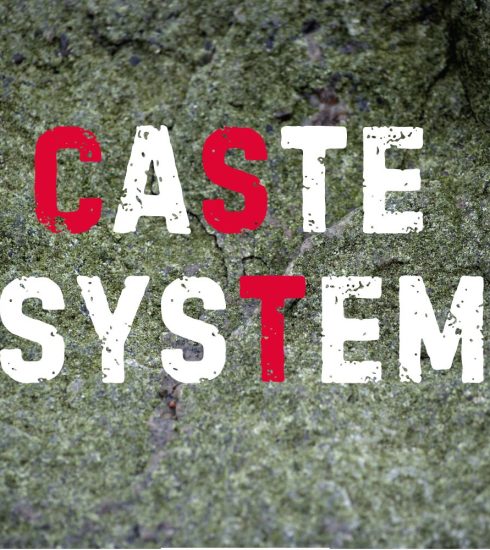Terror Plot Uncovered in Bengal: Jihadist Network Targeted Young Minds for Suicide Missions
In a chilling revelation, investigators have unearthed a large-scale terror plot originating from Murshidabad, West Bengal. The plan, orchestrated by a jihadist network with links to Bangladesh-based banned outfit Ansarullah Bangla Team (ABT), aimed to radicalize local youths and train them as suicide bombers.
The plot came to light following the arrest of eight individuals from Assam, Kerala, and West Bengal by the Assam Police’s Special Task Force (STF). Among those apprehended were Minarul Sheikh and Mohammad Abbas, both residents of Hariharpara in Murshidabad, who were believed to be instrumental in recruiting and brainwashing teenagers aged 12 to 16.
Youth Radicalization and Suicide Squads
According to STF sources, the arrested militants were part of a cell tasked with identifying vulnerable adolescents and indoctrinating them at local madrassas. The goal was to form a guerrilla-style unit of at least 30 suicide bombers, trained to execute coordinated attacks across regions including Murshidabad, Nadia, North Dinajpur, and Alipurduar.
The investigation revealed that the terror operatives targeted impoverished communities, offering financial aid to families in exchange for enrolling their children into madrassa-based programs. LED screens were reportedly installed in these madrassas, where radical sermons by leaders from various extremist groups were broadcast.
A Kerala Connection
In addition to Minarul and Abbas, Shab Ali, another key suspect, was arrested from Kerala. Police sources confirmed that Shab Ali had previously resided in Kedartala, Hariharpara, where his uncle and aunt still live. His association with Minarul and Abbas dates back to this period.
Authorities believe that Shab Ali facilitated meetings between local operatives and Ansarullah Bangla Team’s regional commanders, Amir and Jasimuddin. These meetings laid the groundwork for weapon training and the eventual deployment of recruits to Pakistan-occupied Kashmir (PoK) for advanced military exercises.
Border-State Vulnerabilities
The STF’s interrogation of the suspects revealed that the network had earmarked villages in North Dinajpur and the Siliguri corridor for potential strikes. Jihadists allegedly scouted BSF outposts and district police stations, devising strategies to use local women as human shields during confrontations.
Security agencies believe that multiple cells remain active in North and South 24 Parganas, prompting increased surveillance and intelligence-sharing across Bengal’s border districts.
National Security Response
A detailed report of the findings has been submitted to the central government, leading to directives for heightened security measures across border states.
Harmeet Singh, Special DGP of Assam Police, commented, “The militants had conspired to orchestrate large-scale attacks across various parts of India. West Bengal was a significant target zone. Their plans were backed by extremist elements from Pakistan and Bangladesh. We are continuing interrogations and expect further crucial intelligence to emerge.”
Authorities remain on high alert as investigations unfold, determined to dismantle the remnants of this terror network and thwart any future plots aimed at destabilizing the region.






